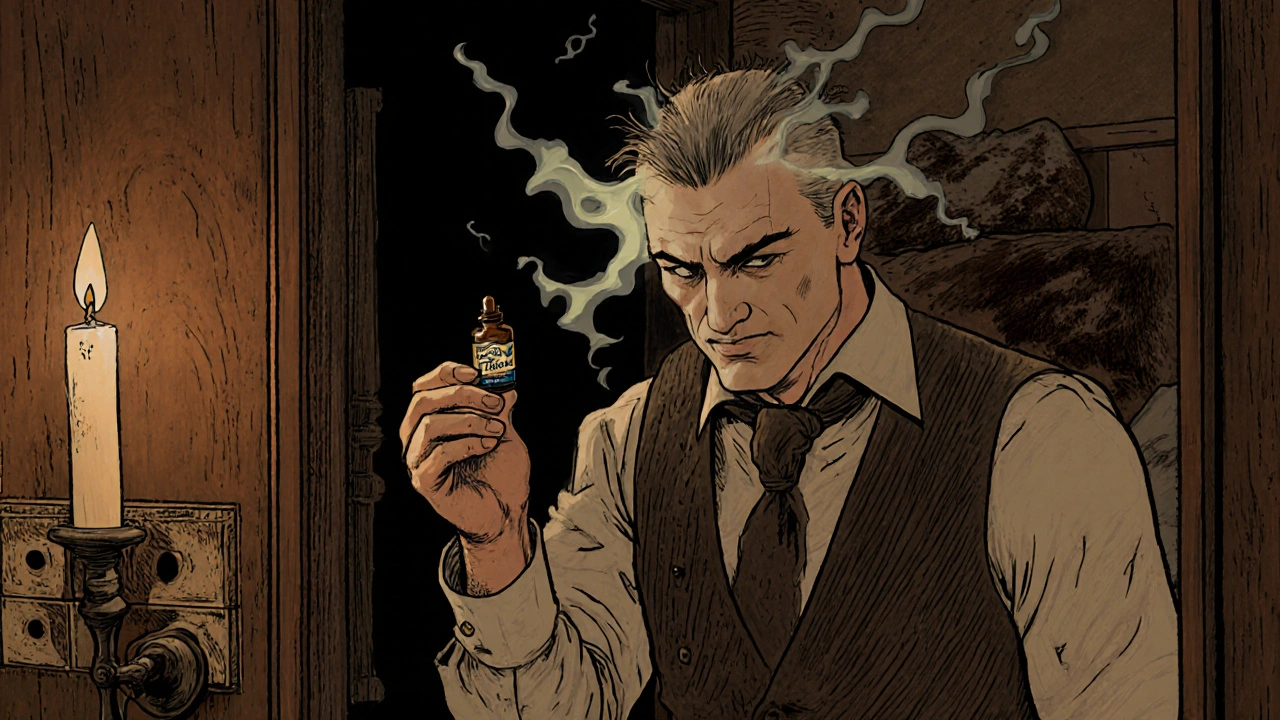Hair Regrowth: What Actually Works and What Doesn’t
When it comes to hair regrowth, the process of restoring lost hair through medical, topical, or lifestyle interventions. Also known as hair restoration, it’s not about magic potions—it’s about science, consistency, and understanding what your scalp actually needs. Millions try every trick they find online, but only a few approaches have real, repeatable results backed by clinical data.
The two most studied and FDA-approved options for hair regrowth are minoxidil, a topical solution that stimulates blood flow to hair follicles and extends the growth phase and finasteride, an oral medication that blocks the hormone DHT, the main driver of male-pattern baldness. Minoxidil works for both men and women, but it takes at least four months to show anything, and if you stop using it, the hair you gained usually falls out again. Finasteride is more effective for men, especially in the crown and hairline, but it’s not for everyone—side effects like lowered libido are real, though rare. Neither fixes the root cause of aging or genetics, but they can slow loss and bring back some thickness if used early.
Then there’s scalp health, the foundation most people ignore—clean pores, balanced oil, and good circulation matter more than you think. Dandruff, seborrheic dermatitis, or even tight hairstyles can stress follicles and make regrowth harder. No cream or supplement will fix this if your scalp is inflamed or clogged. Simple things like gentle shampooing, avoiding hot tools daily, and reducing scalp tension from ponytails or braids can make a quiet but real difference. And while you’ll see ads for biotin gummies, saw palmetto, or laser combs, the evidence for most of these is weak or mixed. Biotin only helps if you’re deficient—which most people aren’t. Saw palmetto might mildly block DHT, but not as well as finasteride. Laser caps? Maybe, if you use them 3+ times a week for a year.
What’s missing from most guides? Timing. Hair regrowth isn’t a quick fix—it’s a long game. If you’ve been losing hair for five years, you’re not going to get back your teenage density. But if you catch it early, even a 20-30% improvement can feel life-changing. And it’s not just about pills or lotions. Stress, sleep, and nutrition play roles too. Low iron, thyroid issues, or crash diets can trigger shedding. A blood test for ferritin, TSH, and vitamin D is often more useful than another expensive serum.
Below, you’ll find real-world breakdowns of treatments, comparisons of what works versus what’s just marketing, and insights from pharmacy-level data on how these products are made, priced, and prescribed. No fluff. Just what you need to know before you spend another dollar on something that won’t work.

